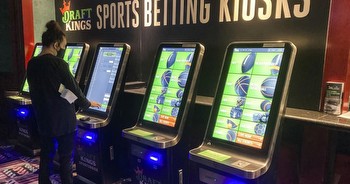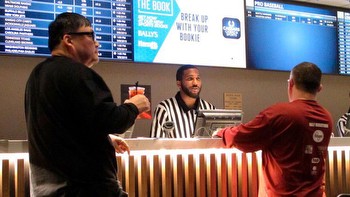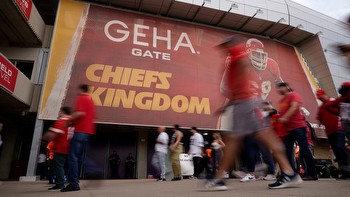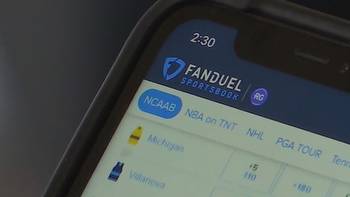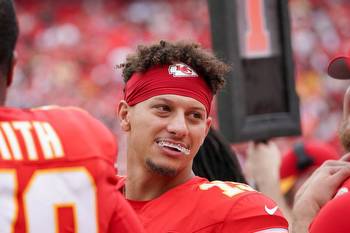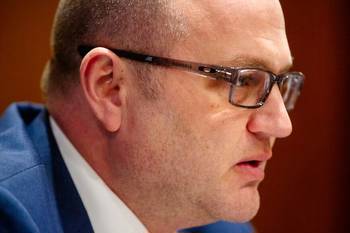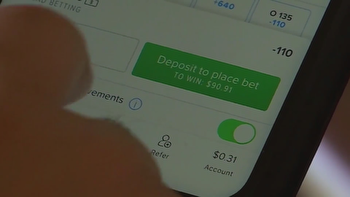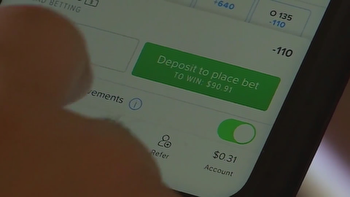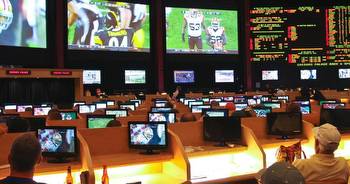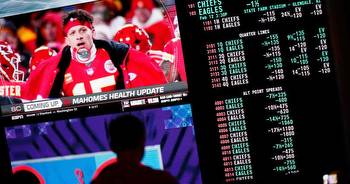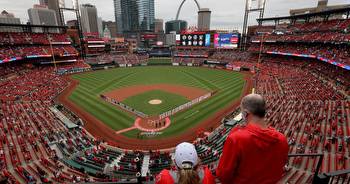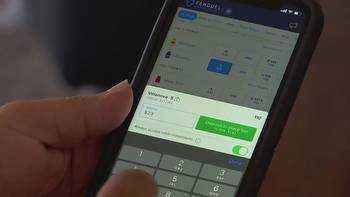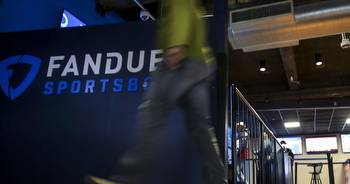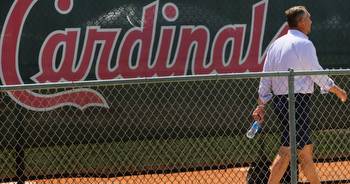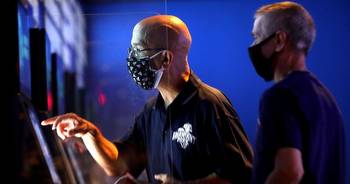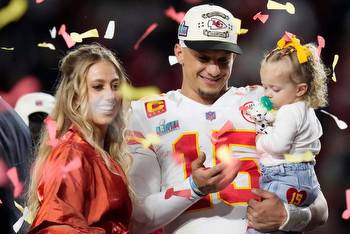With no action in Missouri Capitol, Cardinals consider asking voters to approve sports betting
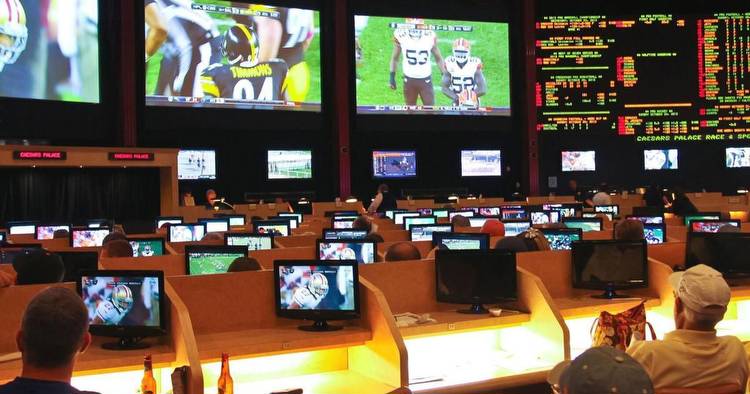
JEFFERSON CITY — Frustrated by a lack of action in the state Capitol on a key priority, a top St. Louis Cardinals official said Tuesday the team is once again considering pushing a statewide voter initiative to legalize sports betting.
Cardinals President Bill DeWitt III told the Post-Dispatch that the Senate’s ongoing inaction on sports betting with less than two weeks before the Legislature adjourns has prompted conversations about trying to put a referendum on the ballot next year.
“We’re going to take a serious look at that,” DeWitt said.
Legislation that would bring Missouri in line with other states that have legalized sports betting has languished in the Senate after the House — for the second year — speedily acted on a bill that would allow people to wager on athletic events.
Senators have been unable to move forward because of a blockade erected primarily by Sen. Denny Hoskins, R-Warrensburg, who has tied sports betting to the vexing problem of illegal slot machines that are now common in gas stations and other businesses across the state.
The last floor action on the matter came April 5, when members voted against legalizing video lottery games. Although that was a signal that Hoskins may have lost leverage in his battle, the impasse remains.
Hoskins said Tuesday he accepts being blamed for holding up the issue, but said he doesn’t control the two sports betting bills that are pending in the upper chamber.
The House version is in the Senate Appropriations Committee and hasn’t been scheduled for a hearing. A separate version sponsored by Sen. Tony Luetkemeyer, R-Parkville, was the subject of eight hours of debate on April 5, but has sat on the shelf since.
“I know I get a lot of the blame for sports book not passing but neither one of these bills are mine. I don’t control them,” Hoskins said.
With time running down on the session, there is less bandwidth under the Capitol dome for legislation to move forward.
The House and Senate are in the final stages of crafting a state budget this week and Luetkemeyer on Tuesday was trying to shepherd a contentious crime bill through the Senate.
“As of right now, I would say it’s very doubtful that sports book will pass in the state of Missouri this year,” Hoskins added.
The situation is puzzling to DeWitt.
“It’s pretty clear they don’t have the votes for slot machine expansion,” he said.
DeWitt said lobbying efforts by a coalition of professional sports teams and the state’s casino operators are ongoing as the House and Senate race toward a May 12 adjournment.
“I think there are a few things we may push on here at the end,” DeWitt said. “We’re just so frustrated. It’s working against our fans and our citizens who overwhelmingly support it.”
“We think that’s a good bill and we believe we have the votes in the Senate if it were to get to a vote,” he added.
For the Cardinals, who are currently sitting in last place in the National League Central Division after a brutal West Coast road trip, the change could mean more money flowing into the team’s coffers.
“It unlocks a big sponsorship category for us,” DeWitt said.
Betting also would improve “fan engagement,” particularly among younger fans.
The sports betting legislation would allow the state’s 13 casinos to offer customers three betting platforms with a limit of six per casino company. Each of the major league sports teams could contract with a platform to offer betting in an area near the stadium, such as Ballpark Village in the case of the Cardinals.
Betting, which also could be done on a mobile device, would be limited to adults. The state would collect a 15% tax on wagers.
Estimates show the plan could generate an estimated $30 million for the state in its first full year of operation. That money would be earmarked for education. Cities that are home to casinos would receive an estimated $3.2 million.
The measure also sets aside $1 million to combat compulsive gambling.
Supporters say Missourians are already betting on sports, but the tax revenue is going to other states like Kansas and Illinois, where it is legal.
GeoComply, a firm that provides online player location detection services, said it blocked more than 250,000 access attempts from people located in Missouri during the Kansas City Chiefs’ Super Bowl win in February.
The legislation is Senate Bill 30.

